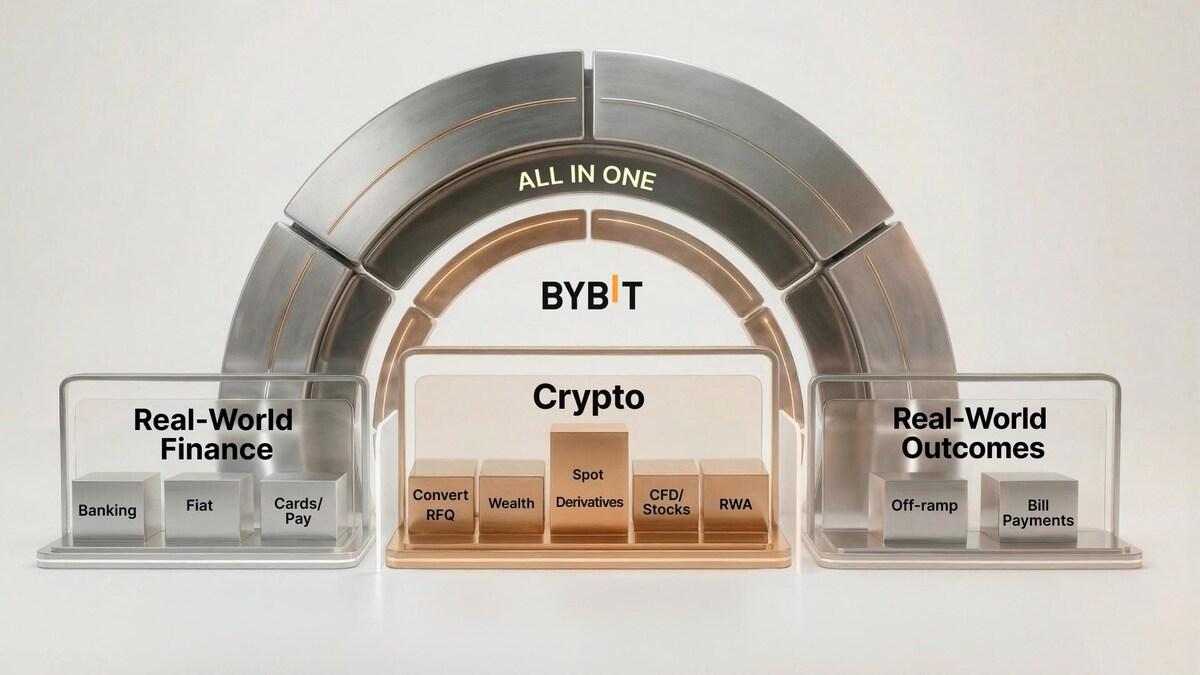Key Points:
- Fidelity Investments plans to introduce a blockchain-based money market fund to enhance transaction efficiency.
- The Fidelity blockchain fund comes amid a data breach in which the personal information of over 77,000 customers was compromised.
According to The Information, Fidelity Investments, one of the largest asset management companies, announced that it will roll out a blockchain-based money market fund.

Read more: Fidelity Bitcoin ETP Approved for Trading on the London Stock Exchange
Fidelity Blockchain Fund Launched to Compete With Rivals
The Fidelity blockchain fund comes as the company answers the increased competition in the sector, especially by big players like BlackRock that unveiled recently a similar blockchain fund that has attracted over $500 million in investments.
In filings with the U.S. Securities and Exchange Commission dated September 26, 2024, the Fidelity blockchain fund would mostly focus on the use of blockchain for improving efficiency and speed in transactions. The fund promises to make financial processes simpler and, therefore, may be more accessible to a wider range of investors.
With $5.4 trillion in assets under management currently and 51.5 million customers, Fidelity is not a lone wolf in this space. Franklin Templeton has already gone live with a tokenized money market fund on the Aptos network, though it’s available on Ethereum via Arbitrum, Stellar, and Polygon. Franklin’s has found significant following, with its market capitalization of $435 million, to become the second-biggest tokenized fund available in the market.
Previously, Fidelity International had already begun tokenizing its money market fund shares via JPMorgan’s Ethereum-based Onyx Digital Assets platform in June.
Data Breach Puts into the Limelight the Need for More Stringent Security Measures
Fidelity has chosen to implement the blockchain technology at a not-so-easy time when the firm is still reeling from the effects of a data breach incident it reported back in August.
The breach included the personal details of over 77,000 customers, including their Social Security numbers and driver’s licenses. This thus calls for stringent measures of data security as financial institutions continue to implement digital innovations.
| DISCLAIMER: The information on this website is provided as general market commentary and does not constitute investment advice. We encourage you to do your own research before investing. |






















